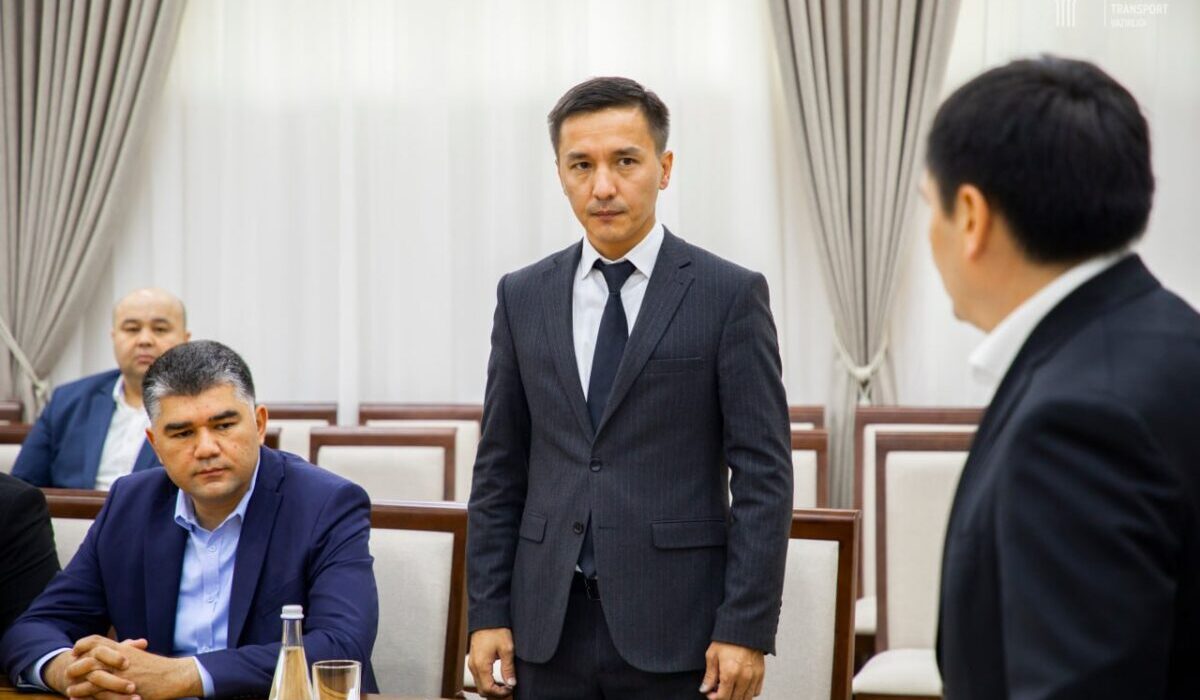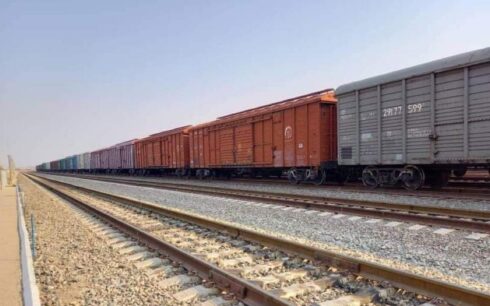Uzbekistan eyes connection to the Trans-Caspian International Transport Route (TITR), also known as the Middle Corridor, to reduce cargo delivery times between South Asia and the European Union, the Uzbek deputy minister of transport, Mamanbiy Omarov, said as quoted by local media on Thursday.
Quoted by Uzbekistan’s Trend news agency, Omarov emphasized the importance of optimizing transport routes and infrastructure, along with tariff preferences and digital solutions, to expedite goods transportation and reduce costs. He mentioned that these improvements could bolster trade and positively impact the economies of the involved countries. However, he highlighted the need for active cooperation among the transit countries.
Additionally, Omarov noted Uzbekistan’s efforts in developing new transport corridors intersecting major North-South and West-East trade routes. This includes a proposed multimodal transport corridor from Belarus through Russia, Uzbekistan, Afghanistan, and Pakistan, providing access to the Indian Ocean ports. This route would combine rail and road transportation.
In 2022, Uzbekistan’s transit cargo through Afghanistan to Pakistan more than doubled, reaching over 600,000 tons. Meanwhile, cargo transportation in the China-Europe direction exceeded 220 million tons, with a majority by sea.
The deputy minister pointed out the current strain on global ports and the potential for reorienting routes from maritime to land-based transport, including rail and road, to develop alternative multimodal land corridors.
On November 1, 2023, the transport ministries of Russia, Kazakhstan, and Uzbekistan signed a memorandum at the 1st Transport Forum of the SCO member states to create a new transport corridor from Belarus to Pakistan, via Afghanistan.
The Middle Corridor, linking Asia and Europe, provides a shorter land-based alternative to the traditional maritime routes, starting in China and spanning across Central Asia, the Caspian Sea, Azerbaijan, Georgia, and Türkiye, reaching Europe.





